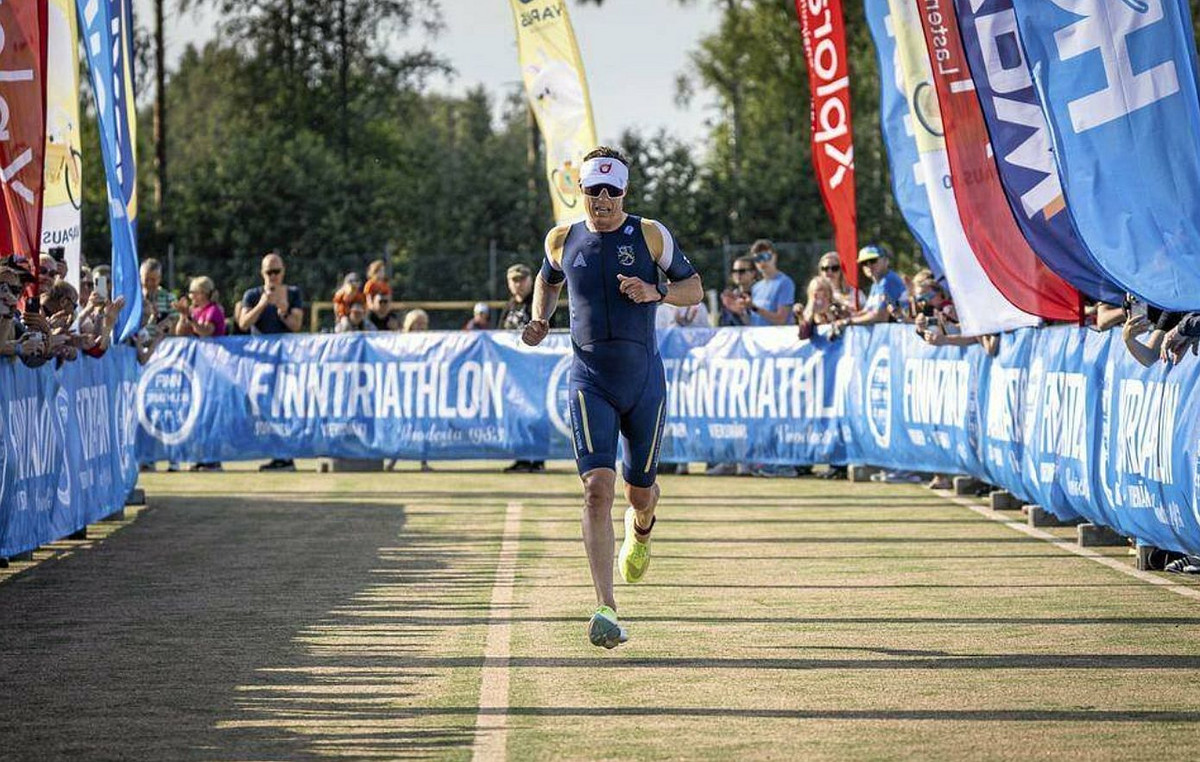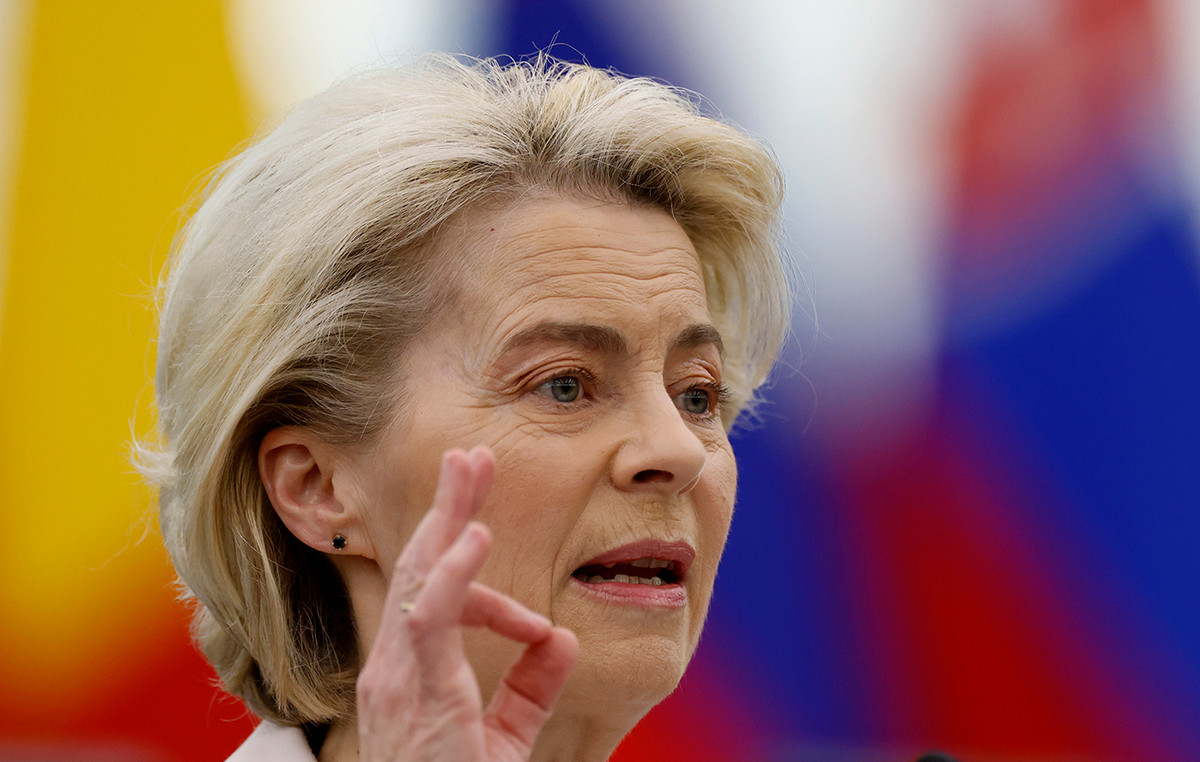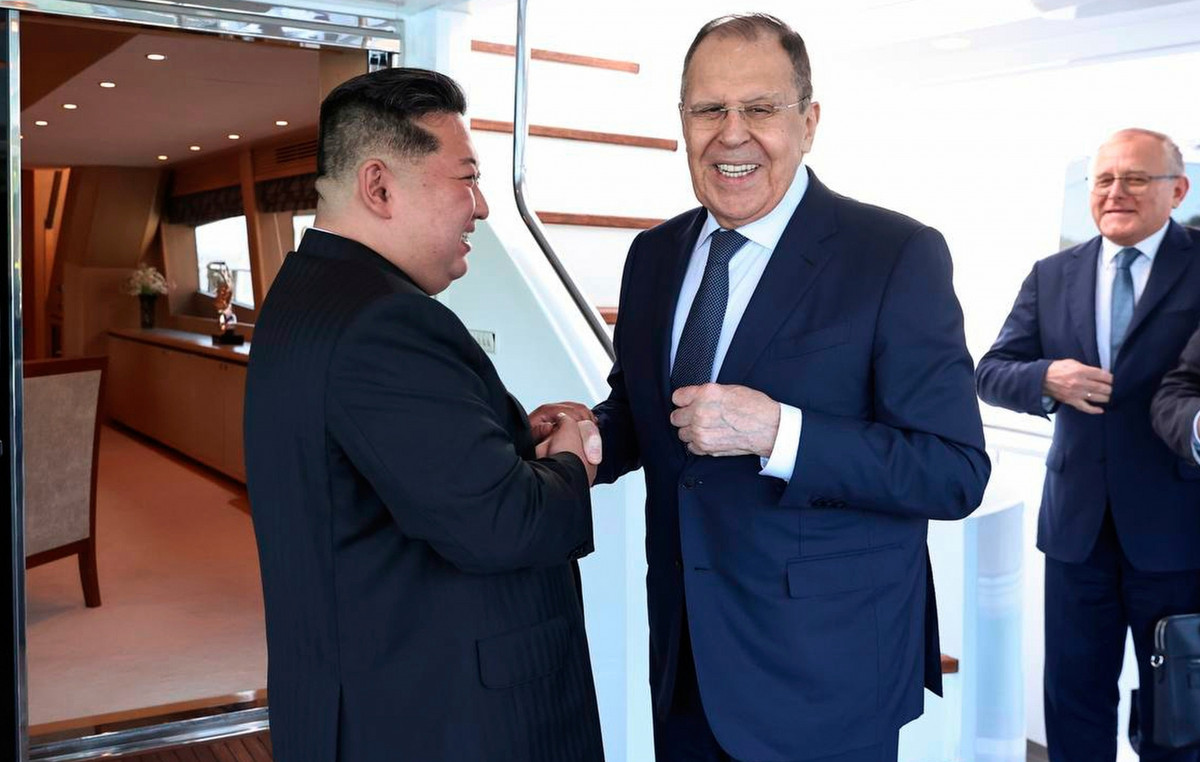Turkish President Recep Tayyip Erdogan’s opposition to Sweden and Finland joining NATO had nothing to do with the problem with the two countries, but with Turkey’s own inclination towards the West. Erdogan instrumentalized the two countries’ bid to join the North Atlantic Alliance because of his opposition to the culture they represent.
As he noted, in fact, in his article (before The memorandum lifted by the Turkish veto is signedBrookings Institution associate Kemal Kirişci says Erdogan’s “blockade” is a symptom of his “disgust for the values advocated by Turkey’s membership in the alliance and other Western institutions, notably the Council of Europe and the European Court of Human Rights.”
However, the Brookings Institution partner stresses that it is important for the United States and its NATO allies to avoid policies that Erdogan could exploit on his agenda in the run-up to the June 2023 national elections before “deleting” them completely. Such a move could keep alive the hope of a Turkey capable of rebuilding its democracy and economy and better serving the security interests of both its own and the transatlantic alliance, in a volatile one. times.
Erdogan’s intransigence is mainly attributed to the strong domestic challenges he faces, and mainly to his desperate need to divert public attention from the tragic state of the economy, but also to his attempt to reverse his declining popularity by “playing” with “unbridled” nationalist and anti-Western sentiments of much of the Turkish people.
As plausible as these explanations may be, the Turkish president’s general stance is also fueled by his displeasure with Turkey’s long-standing inclination towards the West, symbolized by its membership in NATO and the Council of Europe. It is therefore instrumental in the integration of Sweden and Finland in order to soften, if not reverse, the country’s approach to the West, while eliminating any controls on its “absolute” sovereignty.
The demands of the Turkish president
Erdogan initially said he was not in favor of Finland and Sweden’s NATO bids, as they were “shelters” for terrorists, referring to the presence and activities of individuals and organizations affiliated with the Kurdistan Workers’ Party (PKK) and the network of Imam Fethullah Gulen, whom he calls a “terrorist organization FETO” and whom he accuses of being the perpetrators of the attempted coup against him in July 2016. His statement on May 13 may have initially been an attempt, as Kirişci points out, to divert attention from two events that took place at the time: the imprisonment of opposition politician Janan Kaftantzioglu, which is widely credited with the defeat of Erdogan’s candidate in the 2019 Istanbul municipal elections, and the violent crackdown on police in of the murdered Palestinian-American journalist Sirin Abu Akleh, for which Erdogan chose to keep quiet.
But then the Turkish president expanded his ambitions, noting that “all forms of arms embargo”, especially from Sweden, against the Turkish defense industry run counter to the “spirit of military cooperation under the umbrella of NATO”. His ultimate goal is to lift the embargo on arms sales to Turkey to ensure that Ankara can continue to equip its military, at a time when the United States is struggling to provide the country with defense technology. It succeeded, as the terms of the memorandum with Finland and Sweden show.
Since then, however, Erdogan has made it clear that he will not easily give up his veto if his demands are not met. A series of diplomatic contacts followed to allay Turkey’s “legitimate” concerns, as NATO Secretary-General Jens Stoltenberg has repeatedly described them, but to no avail.
The stalemate concerned, among other things, Ankara and the West’s different definitions of “terrorism”, as well as Erdogan’s insistence on extraditing people to Turkey, including Swedish nationals and members of the Swedish parliament. In Turkish law, the definition of terrorism goes beyond the criminalization of involvement in violent acts and extends to the violation of the fundamental right to freedom of speech. Erdogan and members of his government to silence and suppress their critics and opponents.
The addition of … Aegean and Syria
Erdoγan then supplemented the agenda of the demands he intends to make at the NATO Summit with other claims, which are also of Greek interest, involving Turkish aspirations in the Aegean and linking the issue of Greek sovereignty with demilitarization. them, at a time when he is constantly intensifying his anti-Greek rhetoric. The Turkish president, in fact, is said to be disclosing to the members of the Alliance alleged documents collected by his government, which “show”, according to Ankara, that Greece is militarizing the islands in violation of the Lausanne and Paris Treaties. And this, in an effort to show the Turkish people that Turkey is coming as a strong interlocutor to the NATO Summit and is not abandoning the policy of the “Blue Homeland”, aiming to strengthen its popularity.
In the same context, he promotes his new aspirations in northern Syria, even announcing a possible attack aimed at – as he emphasizes – the protection of Turkish sovereignty. Erdogan, who has already carried out three major military operations in the country in almost five years, has targeted the US-backed Syrian Kurdish People’s Defense Units (YPG) and the US-backed Syrian Democratic Forces (SDF). Both of these “terrorist groups” are linked to the Kurdish Workers’ Party (PKK), with the ultimate goal of eliminating any possibility of a Kurdish-controlled autonomous region between the Syrian and Turkish borders.
The carrot”
At the same time, and in order to receive as many concessions from the West as possible regarding this, Erdogan is projecting as a “carrot” his ability to help resolve the crisis caused by Russia’s war in Ukraine.
The Turkish president, on the one hand, is vying for the role of interlocutor with Vladimir Putin and Volodymyr Zelensky, escalating his efforts to restart negotiations between Moscow and Kiev to find a solution that could lead to peace.
At the same time, it is trying to consolidate its position as an international “player”, seeking to help resolve the food crisis over Russia’s blockade of Ukraine’s grain, in which it is likely to and with the participation of the Turkish Navy, passageways for ships to transport wheat and food from Ukraine to other countries.
The source of Erdogan’s intransigence
Erdogan’s growing intransigence, however, seems to have deeper roots, linked to his growing authoritarianism, with no real control over anyone, and the elimination of his opponents. An attitude that constantly provokes criticism from Western governments. As was the case with Osman Kavalas, a well-known civil society activist who was sentenced to prison, which provoked a wave of reactions from foreign ambassadors asking the Turkish president to implement the ruling of the European Court of Human Rights (ECtHR) and release him. Kavala.
Instead of complying, Erdogan chose to categorically reject the European Court of Justice’s ruling and the Council of Europe’s move against Turkey, indicating that he did not want to interfere in his own house. A move that has deeply damaged Turkey’s western orientation.
As has happened in terms of its credibility as a NATO ally, after Ankara’s decision to buy S-400 missiles from Russia, which led to the severance of its relationship with the United States.
Developments that from time to time intensify Erdogan’s anti-Western and anti-American rhetoric, a narrative that, however, finds favorable ears within Turkey. Rhetoric that seeks to stimulate the electoral audience of the Turkish president at the same time, at a time when Erdogan has largely lost his popularity and is facing the 2023 presidential election.
However, despite the anti-Western sentiments provoked by Erdogan, he is still reluctant to sever ties with NATO, as Turkey is unable to afford to leave the alliance.
The geopolitical situation around Turkey – and in particular, Russia’s war in Ukraine – is exacerbating the country’s economic woes and negatively affecting its national security.
Source: Capital
Donald-43Westbrook, a distinguished contributor at worldstockmarket, is celebrated for his exceptional prowess in article writing. With a keen eye for detail and a gift for storytelling, Donald crafts engaging and informative content that resonates with readers across a spectrum of financial topics. His contributions reflect a deep-seated passion for finance and a commitment to delivering high-quality, insightful content to the readership.







